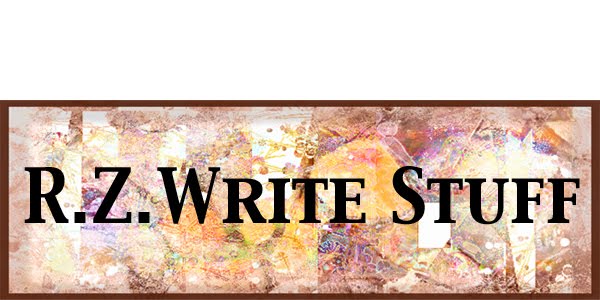Hello again, Readers and Writers.
I’m back after several months. I’m sorry it has taken so long.
Part of the difficulty has been with my vision. In March I developed a distortion in my right eye. In March and April I had weekly appointments with my Eye doctor, but he couldn’t diagnose it. In May I went elsewhere for a second opinion, and the problem was diagnosed as a macular hole. Surgery was scheduled in early June. Recovery has been slow, but my vision is improving, especially for close work.
My advice is, if a distortion appears in your vision do not ignore it. Go look for help as fast as you can get it. A macular hole, or a torn retina, or other eye problems can lead to a loss of vision in the affected eye, and often the sooner the problem is addressed, the better the prognosis. Eyes are perhaps one of the most important of our senses, and it seems even more so for an artist or a writer.
Before the Eye problem, I also had technological problems. When Comcast changed everything to Smart Zone, I needed a tutor to use my Mac for the internet.
My e-mail still has no cursor, except for me, but the profanities don’t help.
The good news is that I am able to do Acrylic Collage abstract pieces, and I have also done a lot of writing during the past months. Although I will not include any writing today, I am showing you one of my abstracts, created last winter, which visually expresses the feeling of darkness, and of being in a cave, confined and unable to venture out.
Now summer has passed already, and it is fall.
Meeting Jefferson's Bible
15 years ago








